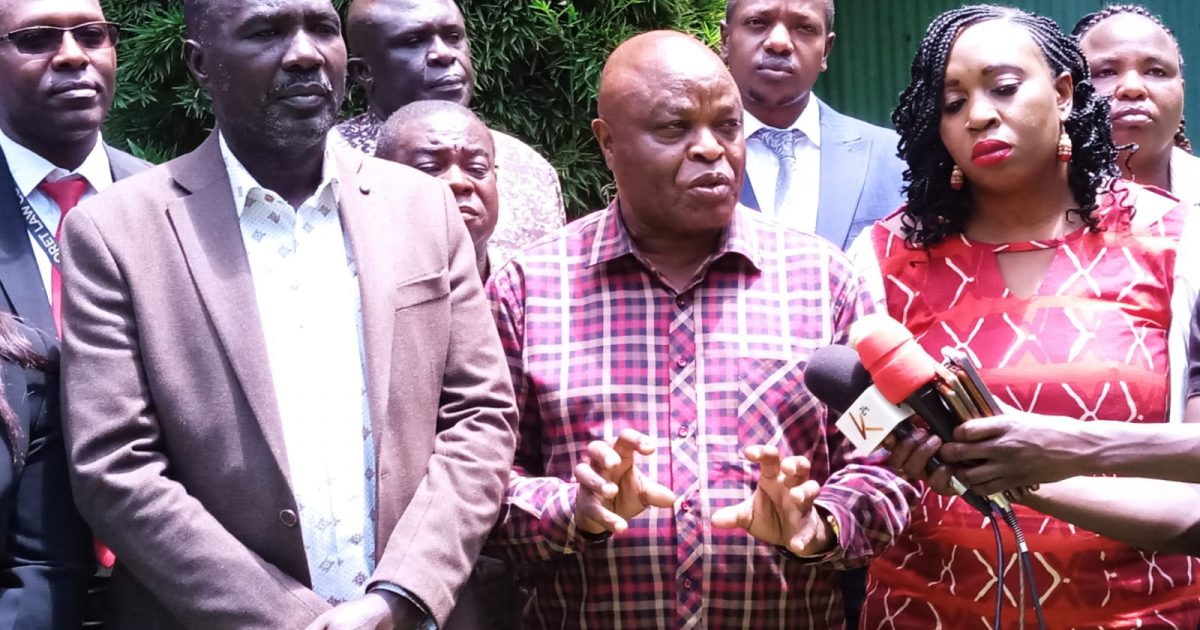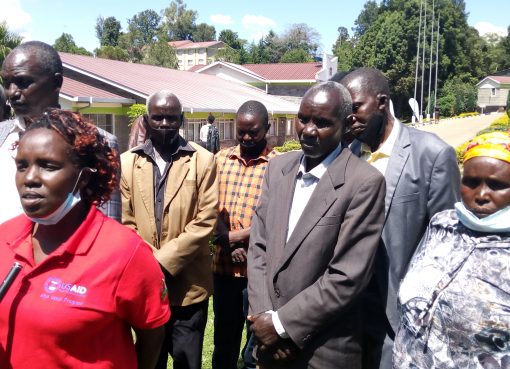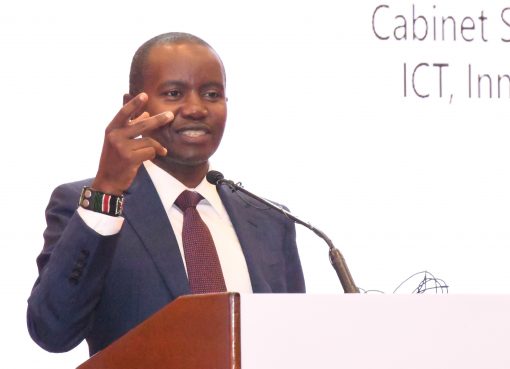Eldoret High Court Presiding Judge Reuben Nyakundi has advised families in Uasin Gishu with long-standing land and succession disputes to make use of the alternative justice system (AJS) to resolve the cases.
Justice Nyakundi said elsewhere succession cases that have been in the formal courts for up to 25 years had been resolved using AJS, reiterating that the method was not in any way inferior to the formal courts.
“The constitution gives AJS the same standing with the formal courts and I want to assure the residents of Uasin Gishu that justice will be done at the AJS courts to be established at the sub-county level,” he said.
Speaking while attending a one-day meeting with members of the national steering committee on the implementation of the Alternative Justice System policy at an Eldoret hotel, Justice Nyakundi said AJS has been tested and that it has worked and delivered justice.
The High Court Judge said the Judiciary will train professionals, chiefs, and elders on how to deliver on the AJS modules at the sub-county level and ensure residents access justice at their nearest level, adding that they would work closely with the county governments to ensure AJS reached all corners of the county and that AJS becomes the first point of call towards resolving disputes.
“If any dispute is not resolved at the AJS through annexed mediation or arbitration it can then be referred to the formal courts,” he said.
According to the Presiding Judge, succession and land-related disputes could be better handled through mediation as one way of achieving unity and peace in the feuding family members, as well as reducing the backlog of cases in courts.
The sensitization forum was also graced by Uasin Gishu Deputy Governor (DG) Eng. John Barorot, the county Secretary Edwin Bett and the Eldoret Resident Magistrate Rosemary Onkoba.
Justice Nyakundi expressed concern over the heavy backlog of succession and land cases in North Rift region courts, noting that it would be better for such matters to be handed over to court-annexed mediators.
“We want to partner with devolved units and other sectors of the national government in creating awareness to the public and encouraging them to use the alternative justice system route in solving most of their disagreements instead of going to court,” added Justice Nyakundi.
In his remarks, the Deputy Governor reiterated the county government’s commitment to a collaboration with the Judicial Service System to promote the Alternative Justice System.
Eng. Barorot said the collaboration will involve the judiciary establishing its operations in all six sub-counties to provide a platform for citizens needing justice services, while the county will provide office spaces with proper equipment, including reliable internet connectivity to enhance the provision of these critical services to residents.
The DG expressed his approval of the judiciary’s initiative and emphasized timely collaboration to help it reduce the piling of cases in courts.
“We are pleased that the judiciary is committed to providing justice to people at the grassroots level and our role as a county will be to act as a catalyst and an enabler of a smooth process by providing office space and internet connectivity,” he said.
By Kiptanui Cherono





